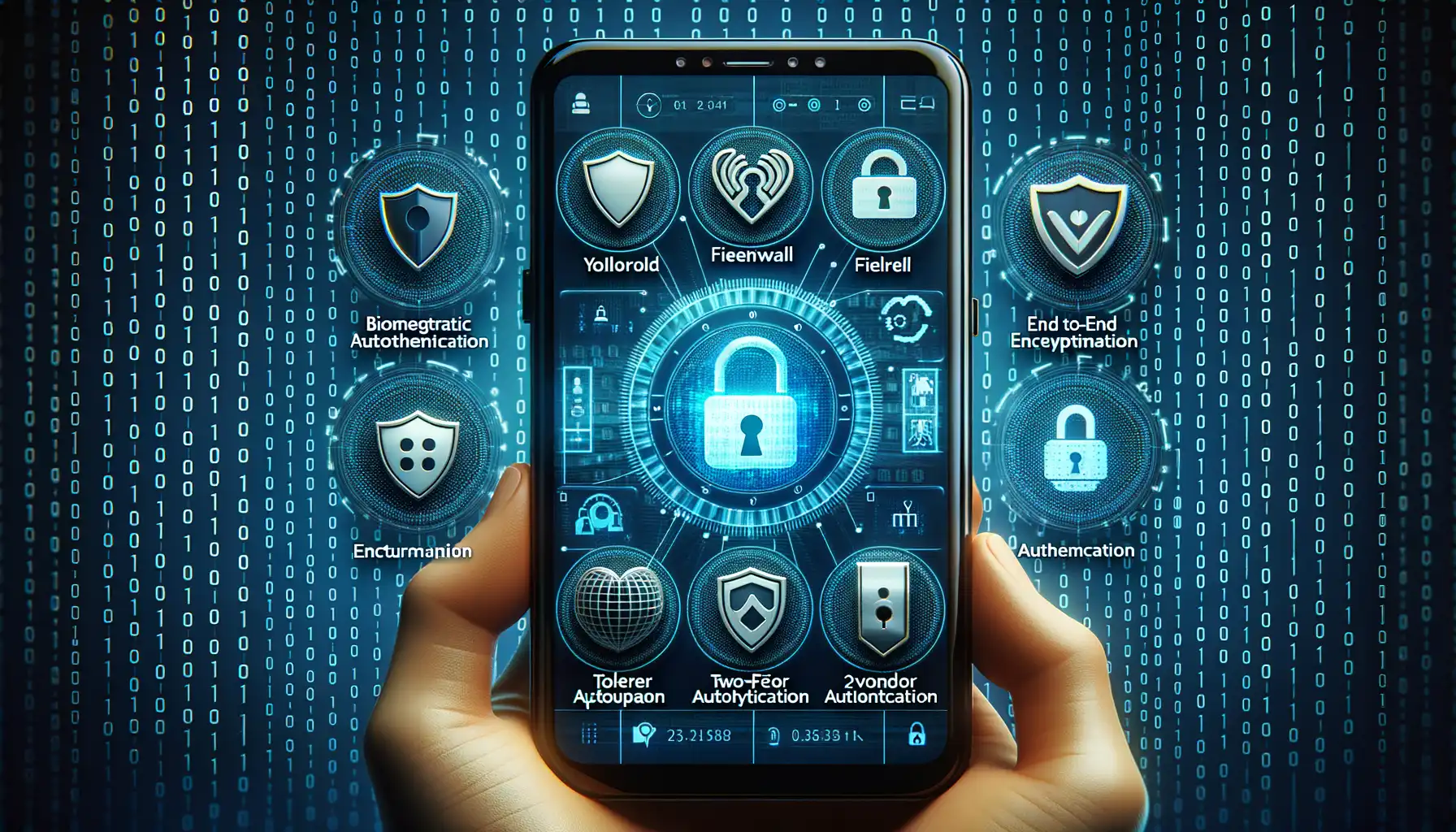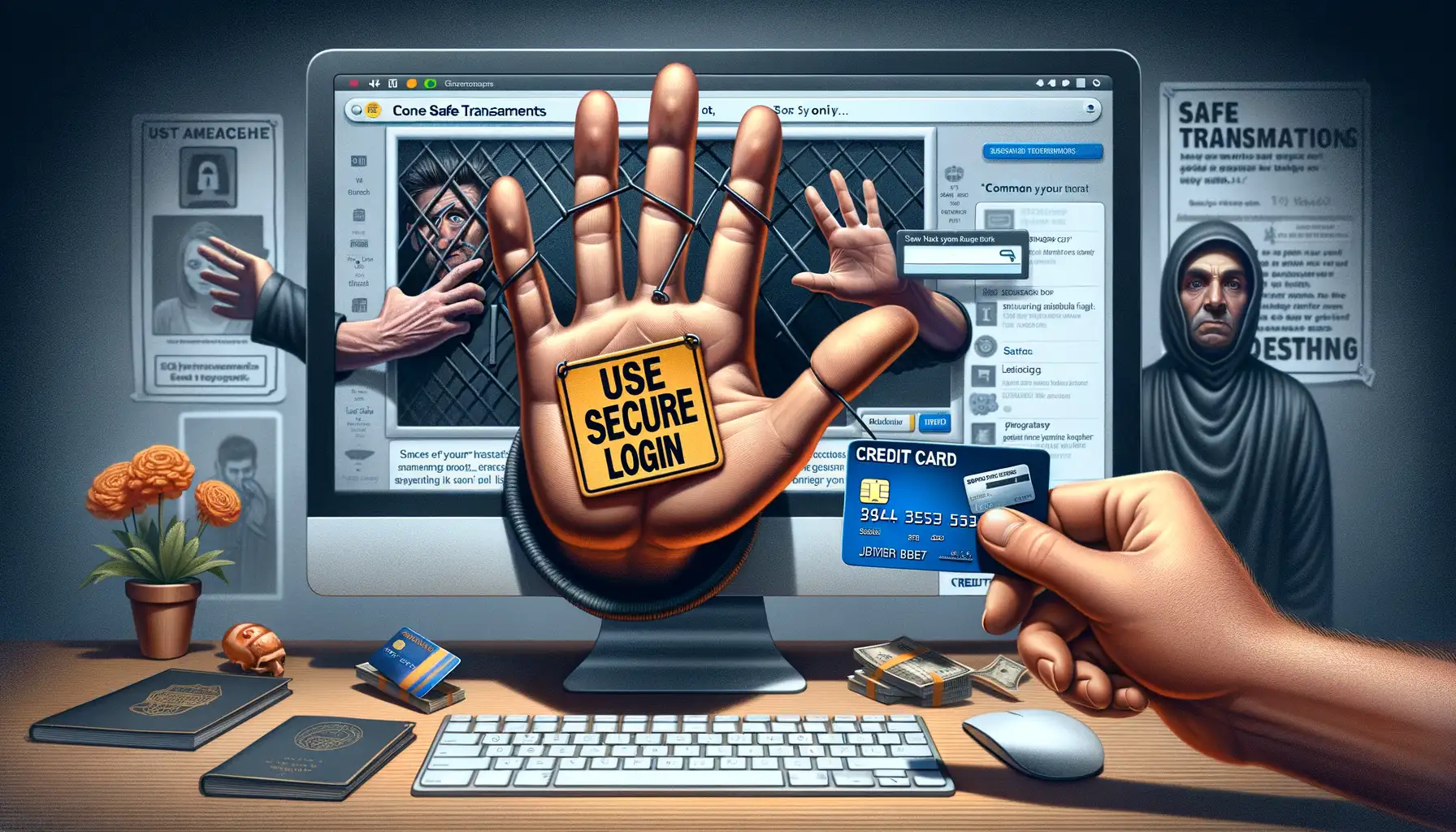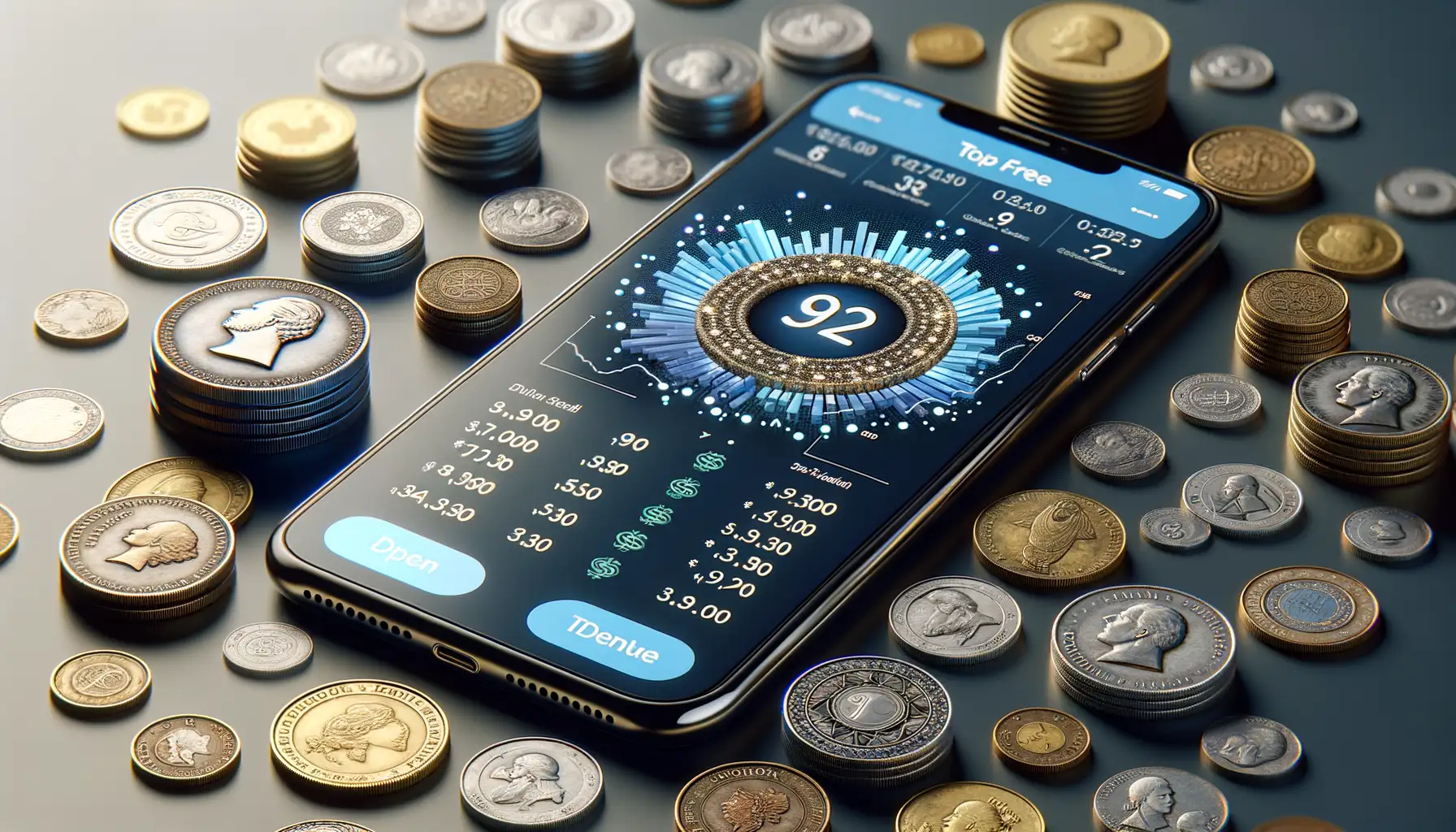Understanding Mobile Security Threats
The Hidden Dangers Lurking in Your Pocket
Picture this: your mobile device isn’t just holding your photos, messages, or gaming apps; it’s also cradling your most sensitive data—your digital coins. But here’s the kicker—cyber attackers know it too, and they LOVE targeting mobile users. Why? Because smartphones are like tiny lockboxes we carry everywhere, and not everyone locks them up tight.
From sneaky malware disguised as harmless apps to phishing links that trick you into sharing your login details, mobile security threats come in many shapes and sizes. Ever downloaded a free app from an offbeat website? That’s an open invitation for data thieves! Or what about connecting to free public Wi-Fi to check your wallet balance? You might as well shout your passwords into a megaphone.
Your phone may look innocent, but without proper protection, it could become a golden goose for cyber predators. Guard it fiercely—your treasure deserves nothing less!
Best Practices for Securing Online Coin Transactions

Shield Your Wallet: How to Protect Your Transactions
Securing your online coin transactions isn’t just another checklist item—it’s the digital equivalent of locking the vault before walking away. With cybercriminals getting smarter by the minute, you need more than luck on your side. Let’s roll up our sleeves and dive into some practical steps to keep your funds out of harm’s way.
- Enable Two-Factor Authentication (2FA): Think of 2FA as the double deadbolt on your digital door. Even if someone gets their hands on your password, they’ll hit a brick wall when asked for that second layer of verification.
- Choose Secure Wallets: Not all digital wallets are created equal. Opt for those boasting rock-solid encryption and glowing reviews from the crypto-savvy community.
- Update Apps and Devices: Forget the “Remind Me Later” button. Running outdated software is like leaving a window cracked open for hackers.
Spotting and Dodging Red Flags
Recognizing danger is half the battle. Avoid public Wi-Fi for transactions—sending coins over unsecured networks is like playing poker with your cards facing out. If an app or website gives off shady vibes or requests unnecessary permissions, don’t ignore that gut feeling. Always verify websites and QR codes; scammers can mimic legitimate ones in a heartbeat.
By taking these steps, you’re not just safeguarding your mobile transactions—you’re building a fortress around your financial future. Stay sharp, stay safe, and remember: Every click matters.
Top Security Features to Look for in Mobile Apps

Essential Layers of App Protection
When it comes to mobile apps for online coin transactions, you shouldn’t settle for anything less than a fortress of security. The stakes are high—you’re dealing with real money here, not monopoly cash. So, what should you zero in on when choosing an app? Here’s a rundown of must-have features that separate a stellar app from a risky one.
- End-to-End Encryption: Think of it as a private conversation only you and the recipient can hear. Without this, your sensitive data is like a postcard anyone along the route can read.
- Two-Factor Authentication (2FA): A password is great, but adding a second layer—like a phone code or fingerprint scan—makes hackers sweat.
- Biometric Security: Your face or thumbprint isn’t just cool tech; it’s practically impossible to fake. It’s James Bond-level safety at your fingertips.
Silent Guards Working Behind the Scenes
Not all heroes wear capes, and some of the best security features operate quietly without you even noticing. Look for apps boasting robust anti-malware defenses. These act like bouncers at a nightclub, keeping sketchy software at bay. Also, don’t underestimate the power of a good privacy policy. If an app collects more data than a nosy neighbor, it’s a red flag waving! Finally, real-time transaction monitoring can act like your eagle-eyed accountant, alerting you to odd activity before any damage is done.
Remember, a quality app doesn’t just promise security—it proves it through these advanced features. After all, your digital wallet deserves nothing but the very best.
Common Mistakes to Avoid When Transacting Online

Overlooking Security Basics: A Costly Oversight
Picture this: you’re rushing to snag that rare collectible coin online. Your adrenaline’s pumping, your excitement’s through the roof—and boom, you click a link without second-guessing. Sounds familiar? Many of us let down our guard in moments like these. One common blunder is neglecting to double-check website URLs. Fraudsters often use fake sites with slight differences—like “.co” instead of “.com”—to lure unsuspecting users into their traps.
Another pitfall? Weak passwords. I know, I know—it’s tempting to reuse the same one for everything, or to pick something easy to remember (“coin123,” anyone?). But trust me, cybercriminals thrive on this laziness, cracking your login faster than you can say “blockchain.” The antidote? Switch things up: use a mix of letters, numbers, and symbols, and consider a password manager to do the heavy lifting.
Ignoring Key Safety Steps During Transactions
When making transactions on mobile, skipping basic security measures is like walking into a vault and forgetting to lock the door. Some mistakes to avoid include:
- Using public Wi-Fi networks to complete transactions. Hackers love free Wi-Fi more than coffee shop lattes!
- Skipping two-factor authentication (2FA). It may seem like an extra step, but 2FA is like a digital bodyguard for your accounts.
- Forgetting to log out after completing a transaction, especially on shared devices.
Finally, trust your gut. If something seems too good to be true—like a deal offering coins at half the market price—it probably is. These scams might dazzle you with flashy banners or time-sensitive offers, but don’t fall for it. Slow down, think critically, and always prioritize your peace of mind over a hasty decision.
Future Trends in Mobile Security for Digital Transactions

Biometric Advancements: The Key to Safer Transactions
Picture this: your fingerprint, iris scan, or even the way you walk could soon be the gatekeeper for your online coin transactions. Sounds futuristic? Well, the future is fast becoming today! Biometric authentication is gearing up to replace traditional PINs and passwords, which are painfully prone to hacks.
Why is this exciting? Because these identifiers are unique to you—no one can replicate your fingerprint or mimic your voice perfectly. Banks and payment platforms are already integrating features like fingerprint scans, while startups are exploring vein mapping and behavioral biometrics. Imagine logging into your crypto wallet with just a glance—swift, secure, and oh-so-sci-fi.
- Facial recognition: Already in use but poised to become even more accurate with AI.
- Voiceprint technology: Your voice as a password? It’s on the horizon.
The Dawn of Decentralized Security Systems
Blockchain isn’t just about cryptocurrencies anymore—it’s revolutionizing mobile security. With decentralized identity verification, your personal data will no longer sit exposed on centralized servers waiting for cyber vultures to swoop in. Instead, it lives scattered across encrypted networks, making hacking attempts nearly impossible.
Think of it as safeguarding your treasure chest with a map only you possess. Major players like Microsoft and IBM are leading the charge into this brave new world. Combine this with innovations like zero-knowledge proofs, and you’ll soon be able to prove who you are without ever revealing sensitive details. Cool, right?
In this digital arms race, the good guys are coming prepared—and the future of mobile security looks dazzlingly bright.


